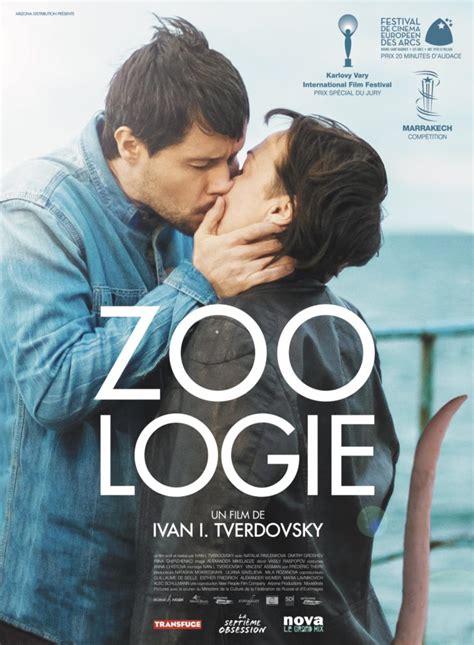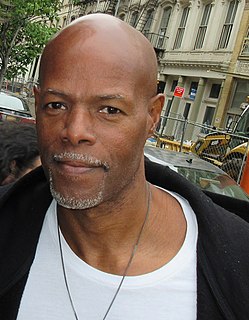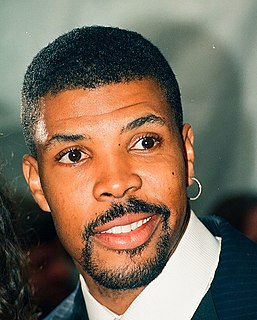A Quote by Ivan Tverdovsky
I am very grateful that the Russian budget has a yearly budget for film. And usually this budget goes to "auteur" cinema, which actually needs this support and which indeed contributes to creating "national culture".
Related Quotes
I was embarrassed when a businessman friend asked, 'What's the yearly budget of your talk show? What's the per-episode budget?' And I looked at him with these blank, typical-model eyes and said, 'I don't know.' I call myself a businesswoman and I don't know that? So that is my goal next year - to really dissect the budget.
When you raise the budget, you make creative compromises. The higher the budget goes, the more cuts in your movie happen. When people talk about how movies are watered down, that's a direct reflection of money and budget. The less money you spend; the more risks you can take. That doesn't mean it will be successful, but at least you can try different stuff. The higher your budget is, the less you can do that.





























